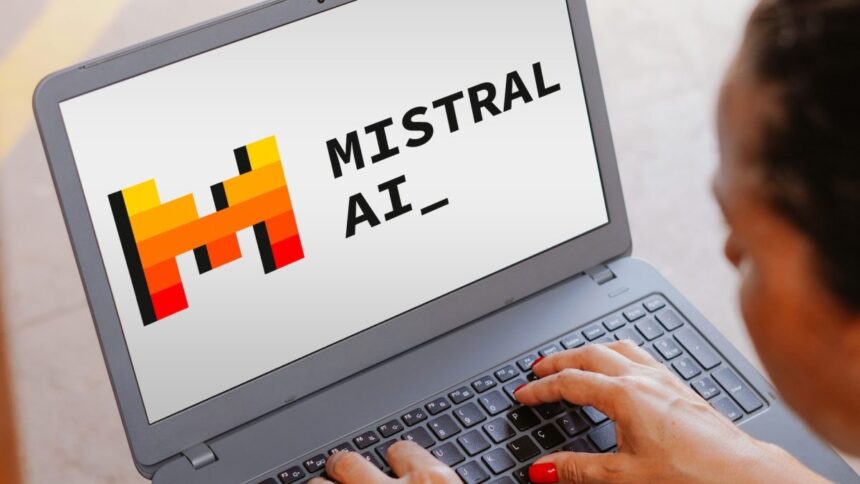Mistral AI launched a new free tier to let developers fine tune and build test apps with the startup’s AI models, the company announced in a blog post Tuesday. The startup also slashed prices for developers to access its AI models through API endpoints, and added image processing to its free consumer AI chatbot, Le Chat.
There’s a growing trend in the AI model provider world: offering more for less. The Paris-based startup, which was recently valued at $6 billion, announced several updates on Tuesday to attract developers. Advanced LLMs are becoming commoditized in the developer world, and Mistral is trying to compete with plummeting prices for developers from OpenAI, Google, and Anthropic.
OpenAI and Google also offer free tiers for developers to test their AI models, which both have lower rate limits than their pricier tiers.
Mistral’s new tier is available through its API-serving platform, La Plateforme, and the startup says it will allow developers to experiment, evaluate, and prototype with its AI models at no cost. However, developers may need to upgrade to Mistral’s paid commercial tier, with higher rate limits, in order to use Mistral’s models in production.
So why does Mistral, which claims to have “open” AI models, need to offer a free tier to build with its AI tools? Although users can download Mistral’s AI models and use it under the Apache 2.0 license, setting up the infrastructure to host these AI models can be complicated. Le Plateforme offers an easier experience for developers, and gets people building on Mistral’s platform where it can upsell them on higher rate limits.
Mistral also cut prices to access Mistral Nemo, Mistral Small, and Codestral through API endpoints by more than 50%, and cut Mistral Large’s price by 33%.
Finally, Mistral’s first multimodal model, Pixtral 12B, which can process images as well as text, is now available on its consumer AI chatbot, Le Chat. The startup announced the new AI model last week, which should allow users to scan, analyze, and search image files.
Source : Techcrunch






